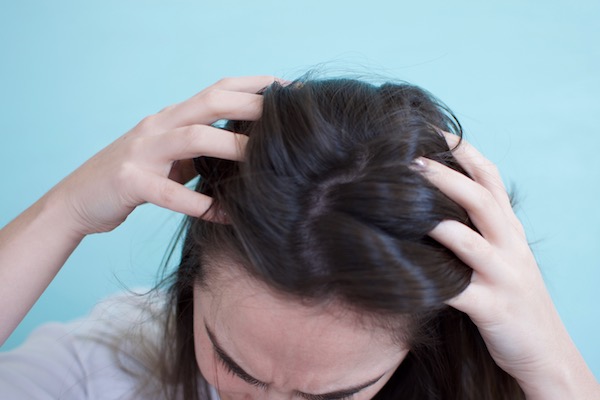The answer to baldness is more complex than you’d think…
There are few things men fear more than going bald. Most of us can live with a bit extra around the midsection, but we feel the loss of every hair like the death of a loved one. We cringe as we see our hairlines receding slowly yet inevitably. It’s estimated that 60% of men will suffer noticeable hair loss by the age of 60, but for many, the hair loss begins at a far younger age.
Scientists aren’t 100% certain what causes hair loss. They know that androgen (a hormone) plays a role in hair loss, as does stress, lifestyle factors, genetics, and more. The baldness gene is one that can be passed down from generation to generation, leading to many bald men.
But according to new research, it turns out there is more than just one baldness gene. In fact, there are a whopping 280 genes that may play a role in your hair loss.
A team of British scientists found 287 different genetic signals that are linked to hair loss. After studying DNA from more than 52,000 British men, they found genetic signals from both parents (mother and father) that led to hair loss.
The study also discovered a formula that could predict a man’s likelihood of going bald. A blood test could reveal the genetic signals in the man’s DNA. The higher the instance of baldness genes, the higher the chance the man will go bald. Granted, this formula isn’t exactly failproof. Only 58% of those with the highest number of hair loss genes ended up bald. Add to that the additional 14% of bald men in the “lower than average likelihood of baldness” group, and you can see that the formula is more suggestive than definitive.

READ MORE: Androgenetic Alopecia: What it is and why it occurs
But the good news is that this study does give further insight into how genetics play a role in baldness. For a long time, it was believed that baldness is passed down from father to son. In recent times, the pervasive belief has been that a man gets his baldness from his mother’s side of the family. As this study proves, the baldness gene can come from both sides of the family.
Does this give us a cure for baldness? Sadly, the answer is still no. Hair loss isn’t just the result of genetics; it can be caused by trauma, chronic stress, health problems, lifestyle factors, and so much more. Even improper or imbalanced diet can lead to hair loss. Hormonal problems that have nothing to do with genetics may be equally likely to cause baldness.
But the research has helped scientists to understand more about baldness in general. More specifically, how baldness can be predicted according to the genetic makeup of a man or woman. By being able to identify not just one baldness gene, but more than 280, scientists can now start trying to find broader approaches to curing baldness.
The truth is that baldness may always be a problem for humans. All hair has a lifecycle (resting, growth, elimination), and it’s vital for keeping the hair follicles healthy. However, if science understands what causes hair loss, there may be hope for men and women suffering from early pattern hair loss, alopecia totalis, and other forms of unnatural hair loss. There may be a hope that one day hair loss will be cured, thanks to our understanding of the role the baldness gene plays in the loss of our hair.








